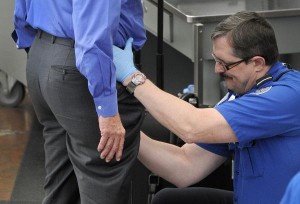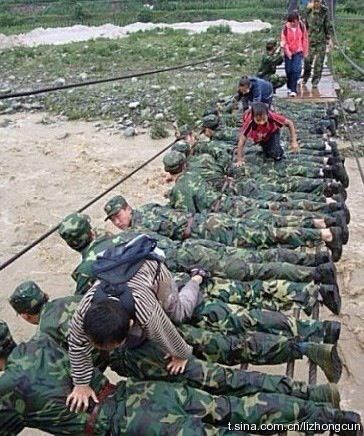Just a few minutes ago, at a live press conference with White House press secretary Robert Gibb, one of the reporters asked him whether he believed the spirit of revolution we’re witnessing in Egypt and Tunisia might spread to China. Gibb dodged the question, of course, and said he couldn’t make any broad generalities.
If I were Gibb I’d have been less equivocal, and would have said, “No.” Anything is possible, I suppose, but the very idea of Chinese activists being so inspired by the riots in Egypt that they’d try to implement the same tactics in China is so absurd it’s laughable.
The only renowned activist in China who’s been pushing for democratic reforms is named Liu Xiaobo, and he’s sitting alone in a jail cell. And most Chinese people believe that’s where he belongs. Not only did he never garner anything like mainstream popular support, he’s considered a “criminal” and a “traitor” by most Chinese citizens who, unfortunately, only know of Liu through the government-owned Chinese media. The Chinese are in no mood to follow anti-government activists into the streets to battle the army and the police.
Most Chinese, as we’ve said here many times, have little to no interest in democratic reforms. The vocal few who do quickly become marginalized or silenced altogether. A major factor behind both the Tunisian and Egyptian conflagrations was poverty and massive unemployment. Recent explosions in the price of food helped bring these crises to a head. (Everyone should be aware that the food inflation that’s plaguing much of the Middle East and Asia is a recipe for widespread instability. Governments are starting to hoard rice to safeguard against riots. Nothing gets the people onto the streets like food inflation.)
China has done a far better job than Egypt and Tunisia in terms of keeping people employed and placated. Its public works projects and subsidies of Chinese businesses have helped keep unemployment in check and, unlike in Tunisia, the mood in China (at least when I was there last a few months ago) was wildly optimistic. Tunisia and Egypt are poor, China is rich. Massive riots are virtually unthinkable. Today’s Chinese have little appetite for chaos.
The only thing that might, at some point in the future, lead to widespread protests in China would be crushing inflation. We aren’t near that point, but I believe we’re inching in that direction. Just yesterday China announced new real estate taxes in Chongqing and Shanghai to slow down the sizzling real estate market (the taxes are probably too mild to make much difference). For now, China has things under control and the reporter at today’s press conference can rest assured that we won’t see in Beijing what we’re seeing in Cairo. But I want to repeat my warning that inflation, and especially food prices, is going to be the greatest threat to global stability in the not too distant future. A couple of months ago I sold a fair portion of gold and put the money into agriculture stocks. You might want to do the same.


Comments